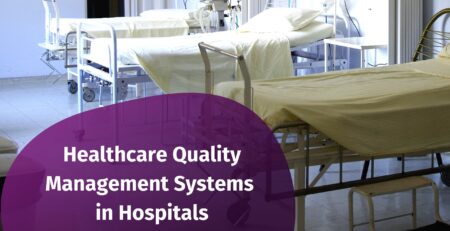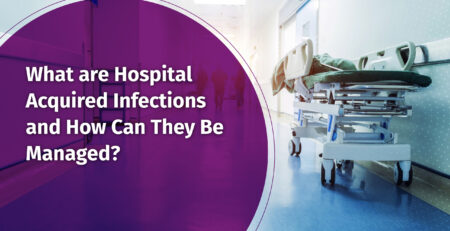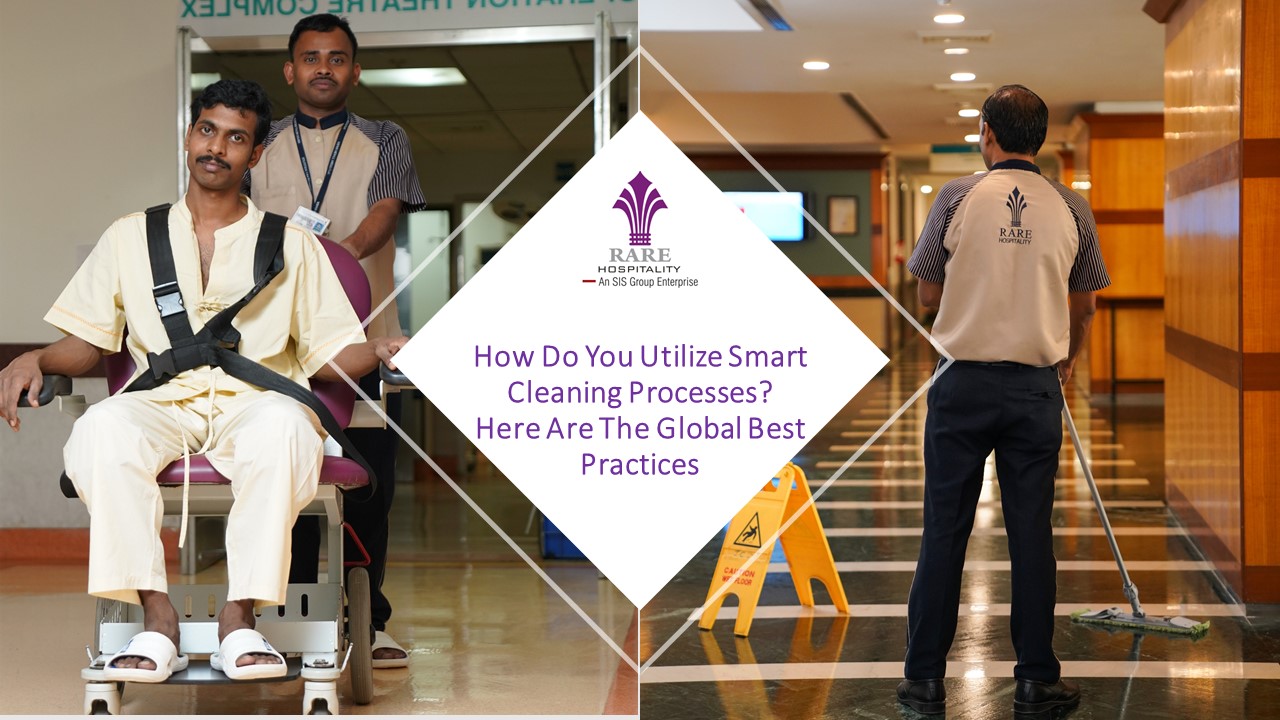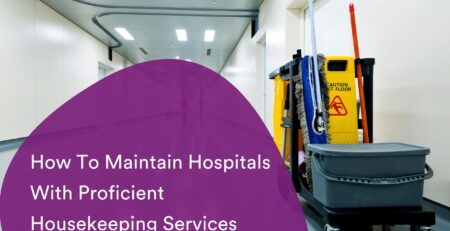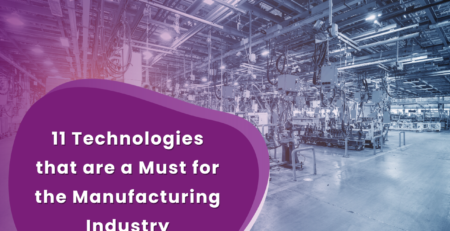How Can Hospitals Deliver Superior Medical Aid and Service With Technological Changes
India has made great strides in its ability to provide healthcare to a growing population. By 2020, the life expectancy at birth had increased from 47.7 years in 1970 to 69.6 years.
Despite this progress, the healthcare system has a long way to go before it can function optimally. The pandemic of 2020 exposed many cracks in the system. Even the most advanced healthcare facilities needed to invest in strengthening their ecosystems.
One approach to this is introducing technological changes that can help the hospital facilities management deliver superior medical aid and service quality. In this blog, we explore key challenges large-scale hospital facilities face, the tech-enabled solutions on offer, and their impact.
Key Challenges Faced by Hospitals
Hospitals and other types of healthcare facilities face a number of challenges. Here is a snapshot:
- The staff is engaged in manual processes that result in extensive human effort and errors.
- Lack of proper hygiene, and improper treatment of biohazards and biomedical waste, result in the spread of infections.
- Hospital staff struggles to manage assets efficiently due to the sheer number. This can result in the breakdown of equipment and delayed maintenance.
- Lack of access to data and proper data management solutions holds back healthcare facilities management and administrators from making data-driven decisions.
- The increased mortality rate is due to the inability to respond to patients in real-time.
Role of Tech-Enabled Solutions
Today, there are comprehensive solutions that leverage Artificial intelligence, the Internet Of Things, scientific advances, and data-driven approaches to solve common issues faced by hospitals at scale.
Here is a snapshot of tech-enabled solutions.
Healthcare Facility Management Solutions
Today, technology enables the automation of several tasks which have been manually managed in the past. A single, unified platform can be leveraged by the manager for
- executing paperless attendance and task management,
- location tracking of staff and assets,
- location-based optimization, and
- sensor-based monitoring of automated performance KPIs.
It would be a self-learning system AI-based engine with dynamic analytics and dashboards.
IoT-Based Portering Services
Leveraging an IoT-based smart portering system helps to automate all service requests and job allocation.
This helps raise the productivity of staff, reduces labor costs by 20%, and enables real-time tracking of transportation of patients, wheelchairs, medicine, and other assets.
Anti-Microbial Surface Treatment
To achieve hygiene goals, hospitals must treat surfaces with antiviral and antibacterial qualities. The use of anti-microbial surface treatment generates a microscopic spiked layer, which reduces the potential for contamination.
Proactive infection control helps establish a safe, hygienic environment.
Ultra-Violet Germicidal Irradiation/ Airborne Infection Control
Indoor Air Quality (AQ) is a growing concern for healthcare facilities. Today a number of advanced air quality solutions are available to prevent the spread of airborne bond infections.
For instance, the installation of an ultraviolet duct is a viable option to deactivate the presence of living cells inside the duct. Improved duct life and complete germicidal eradication are core benefits.
These solutions are easy to install and operate.
Smart Surface Disinfection Programs
Hospital cleanliness can prove to be a labor-intensive, error-prone process. However, smart surface disinfection programs enable automation and mechanization to ensure the thorough cleaning of facilities in a scientific manner.
Digitized quality management, high productivity mechanization, floor care, washroom management programs, smart assessment, and scheduling collectively lead to successful hygiene outcomes for any healthcare facility.
Impact and Outcomes
Today, healthcare facilities such as hospitals are turning to digitization and mechanization to drive superior outcomes. Here is a snapshot of their impact:
- The use of artificial intelligence and machine learning is playing an increased role in enabling more efficiency and transparency in hospital operations.
- Automating various processes eliminates the scope for human error, duplication, and leakage of important data; hospitals can leverage that to make data-driven strategic decisions. Data insights can be used to predict patterns and predict problems and solutions early on.
- Mechanized cleaning solutions bring efficiency to hospital sanitization and increase protection from contagion.
- The use of technology reduces the amount of labor engaged in various manual activities. Not only does it translate to labor cost savings, but it also frees up professionals to invest time in more pressing matters.
- Tech-enabled workforces enable superior coordination between teams and fewer communication gaps.
- Hospitals manage a large number of assets, such as equipment, machines, beds, and medication, which can be digitally managed. This results in quicker turnaround for supplies, shortages, and repairs/ replacement of malfunctioning assets.
Conclusion
Healthcare facilities will increasingly lean towards being more data-driven. They will prioritize mechanized cleaning solutions and use digital solutions to manage workforces and assets more efficiently.
However, many hospital facilities struggle with making the transition. Training staff to engage with digital solutions is also an important investment in this transition. This is where partnering with an expert can help the hospital facilities management of organizations identify solutions customized to their needs.
RARE Hospitality, an SIS Group Enterprise, a leading hospitality & facilities management company, has partnered with several hospitals to deliver world-class services. Connect with us to start a conversation and bring more value and knowledge leadership to your business.




